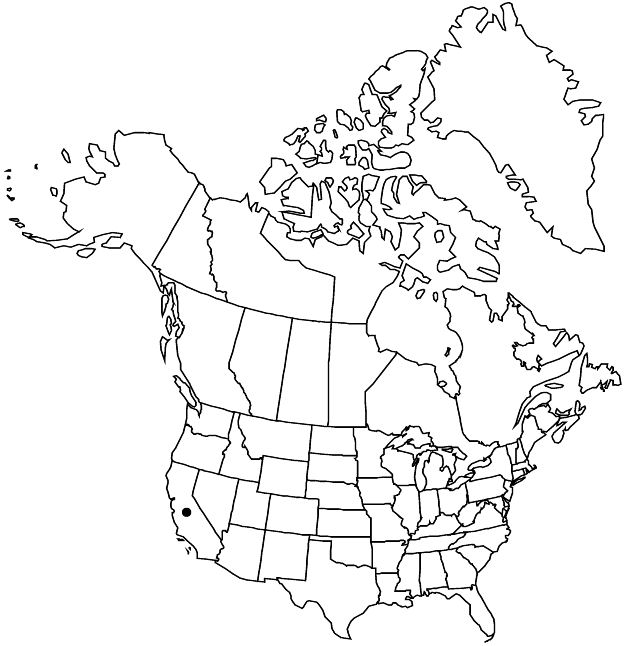Difference between revisions of "Malacothamnus abbottii"
Leafl. W. Bot. 6: 129. 1951.
FNA>Volume Importer |
imported>Volume Importer |
||
| (2 intermediate revisions by 2 users not shown) | |||
| Line 61: | Line 61: | ||
|publication year=1951 | |publication year=1951 | ||
|special status=Conservation concern;Endemic | |special status=Conservation concern;Endemic | ||
| − | |source xml=https:// | + | |source xml=https://bitbucket.org/aafc-mbb/fna-data-curation/src/2e0870ddd59836b60bcf96646a41e87ea5a5943a/coarse_grained_fna_xml/V6/V6_519.xml |
|subfamily=Malvaceae subfam. Malvoideae | |subfamily=Malvaceae subfam. Malvoideae | ||
|genus=Malacothamnus | |genus=Malacothamnus | ||
Latest revision as of 22:21, 5 November 2020
Shrubs, to 1.5 m, branches slender, flexuous, indument complex: white, dense, sublepidote, hairs simple, fine, not shaggy, or stellate, sessile, many-armed. Leaf blades ovate, unlobed or 3-lobed, 3–6.5 cm, thin, surfaces: copiously white-stellate, basal sinus open, not overlapping. Inflorescences open-paniculate, flowers solitary or in pedunculate clusters, loose, not subtended by conspicuous bracts, flowers 3 or 4 per node; involucellar bractlets lanceolate, 5–8 × 1–1.5 mm, 1/2–3/4 calyx length. Flowers: calyx slightly winged in bud, 9–11 mm, lobes ovate-acuminate, 6–7.5 × 2.5–3.5 mm, ca. 2 times as long as wide, 2–3 times tube length, apex acuminate, densely stellate; petals pale pink, 1.5–2 cm. Mericarps to 3 mm.
Phenology: Flowering Oct.
Habitat: Stream banks, open chaparral
Elevation: 100–500 m
Discussion
Of conservation concern.
Malacothamnus abbottii was once considered to be extinct. It is known from three localities in southern Monterey County.
Selected References
None.
